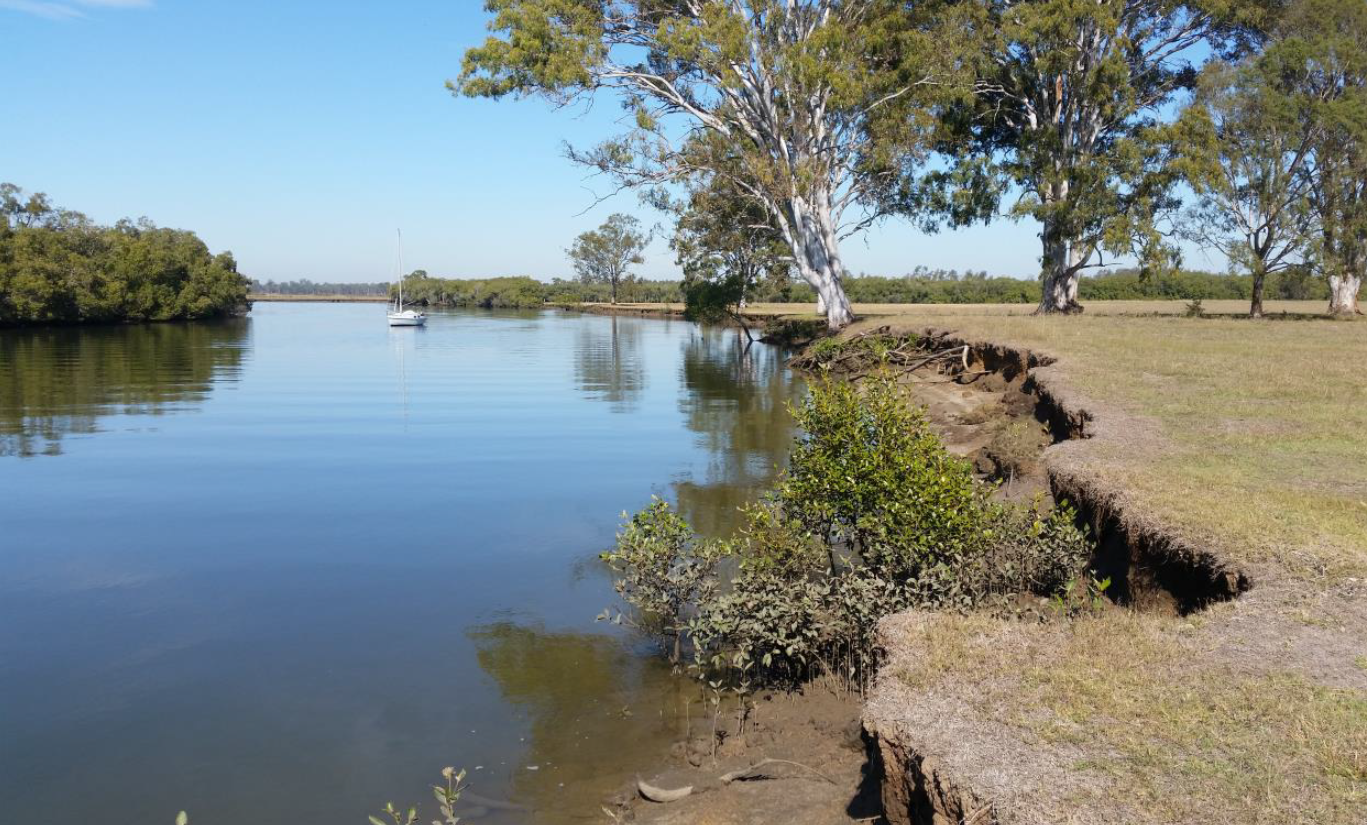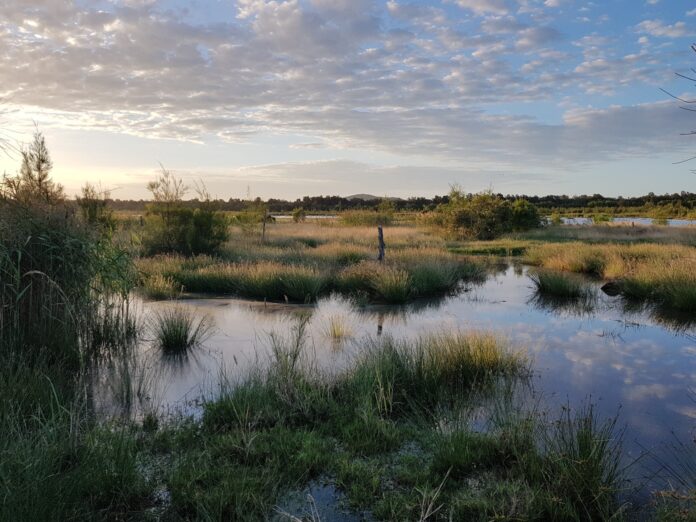It’s an important step and it took a Sunshine Coast-based company to do it.
The title of being Australia’s first water utility to commit to net zero nutrients diverted or offset from waterways by 2050 goes to … Unitywater.
Not only that, but the company, which provides water supply and sewage treatment services to the Moreton Bay, Sunshine Coast and Noosa regions, is already far exceeding interim targets.
Last year, Unitywater became one of 14 water utilities in Australia and New Zealand to join the Race to Zero – a United Nations-backed campaign to pledge to achieve net zero carbon emissions by 2050.
Like stories about Sunshine Coast people doing great things? Help us deliver more by registering for our free daily news feed. All it requires is your name and email. See SUBSCRIBE at the top of this article.
CEO Anna Jackson said Unitywater’s commitment to sustainability extended beyond net zero carbon emissions, with the utility already achieving 100 per cent beneficial re-use of biosolids and the aspirational goal of zero nutrients to waterways.
“The net zero nutrient target is aimed at continuing to contribute broadly to community amenity by improving the health of local waterways,” she said.
“Unitywater is proud to be on track to exceed our nitrogen and phosphorus diversion interim targets that are set for 2025.
“Our interim targets for 2025 are to divert or offset 12,000kg of total nitrogen and 1750kg of total phosphorus from waterways, from a baseline set in 2020.
“I’m delighted that we are tracking ahead of targets, and have already diverted over 10,000kg of total nitrogen and 1700kg of total phosphorus away from natural waterways, exceeding what we set out to achieve at this stage.”

Ms Jackson said servicing one of the fastest-growing and highly-visited areas of Australia, with population increases predicted to be about 20 per cent by 2030, set an enormous challenge.
“Due to this unprecedented population growth, the portion of total nitrogen and total phosphorous going into waterways from wastewater would increase in time if Unitywater took a business-as-usual approach,” she said.
“With this kind of population growth comes a greater focus on sustainable outcomes for our utility, now and for the future, and our commitment to the race to zero campaign has seen Unitywater implement initiatives that promote sustainable solutions.”
The utility has taken to innovative solutions to meet its nutrient targets, with the latest project using oyster farms to absorb nitrogen.
“Oysters are natural water filters which clean the waterway when left in place,” Ms Jackson said.
Other flagship projects Unitywater is investing in to improve the health of catchments in its service region include:
• Wamuran Irrigation Scheme
To support population and economic growth in Caboolture West, Unitywater initiated the $120 million scheme that will take treated water from South Caboolture treatment plant and make it available to farmers to grow high-value crops, instead of the nutrients ending up in the river system and impacting the environment. The initial stage of the project will deliver 2.6 gigalitres of recycled water per year and save 11 tonnes of nitrogen and 1.8 tonnes of phosphorous.
• Yandina Creek Wetland
Unitywater bought two lots of former cane-farming land to restore it as a wetland to remove nutrients and sediments from the river. That improves water quality and overall river health and offsets the nutrients discharged by the Maroochydore treatment plant. The wetland is part of Blue Heart Sunshine Coast: a blue carbon pilot project in collaboration with Unitywater, the Queensland Government and Sunshine Coast Council.
• Caboolture River Nutrient Offset Project
The $8 million project will repair nine riverbank sites and 2.4 kilometres of eroding shoreline along the Caboolture River to offset nutrients discharged to the river from the nearby Burpengary East treatment plant. The project will increase biodiversity and fish habitat while stabilising sections of riverbank. Unitywater is planting 30,000 seedlings and the project will provide an estimated carbon sequestration of 34 tonnes of CO2 per year.
• Bellmere Restoration Project
Unitywater completed a project to stabilise a 250-metre section of the Caboolture River at Bellmere. The works reshaped severely eroded banks before planting species native to the area. The stabilisation works have stopped 3600 tonnes of soil entering the river each year and help offset nutrients discharged to the river from the nearby Caboolture South treatment plant.
Unitywater will release its Environmental Sustainability Plan in 2023, alongside continued reporting of its achievements towards net zero for emissions and nutrients to waterways.
More information about Unitywater’s sustainability goals can be found on its website.
SUBSCRIBE here now for our FREE news feed, direct to your inbox daily!





